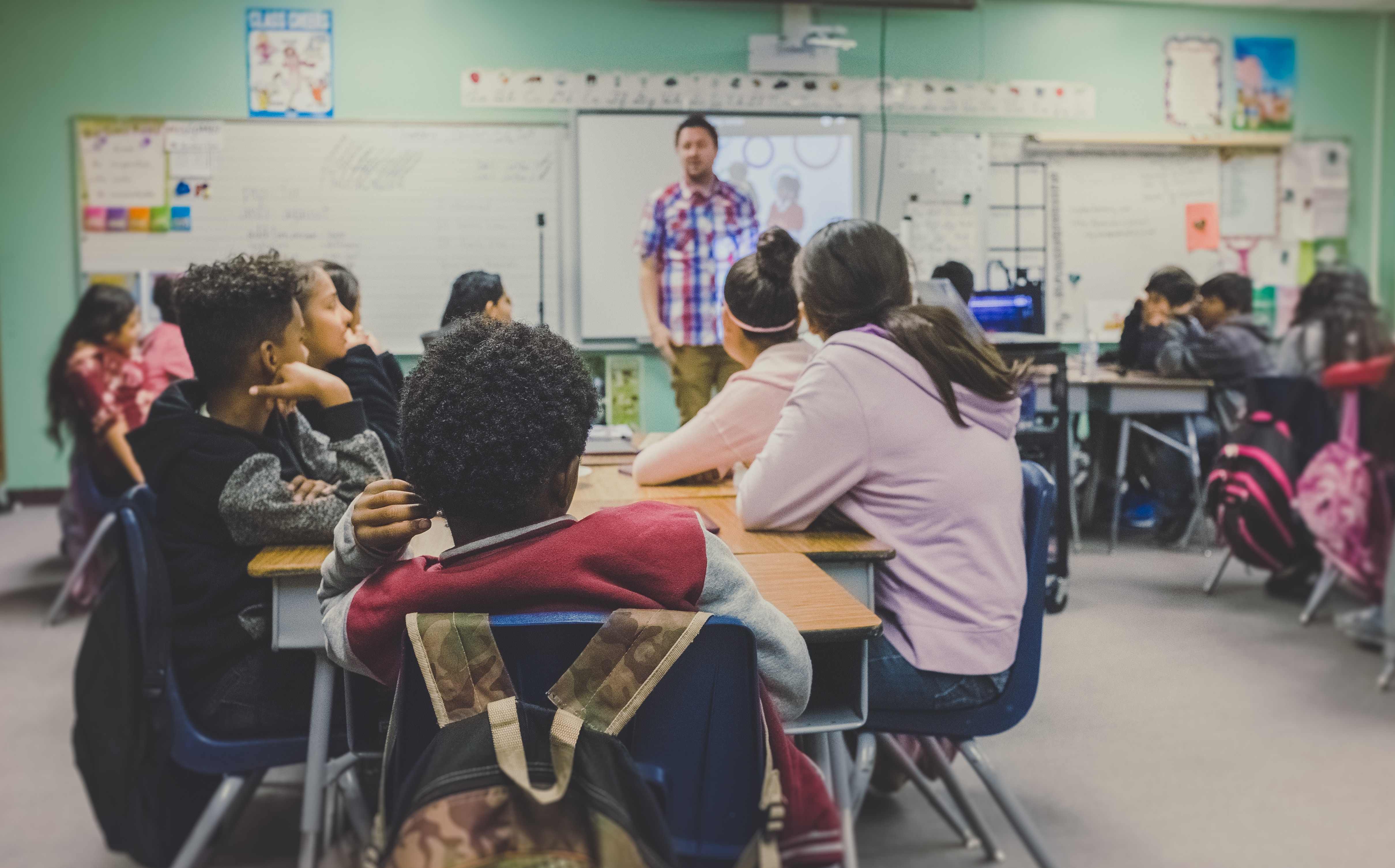NYCLU: Legal Effort to Thwart the New York ERA Is Political and Pedantic
Civil Liberties Union

NEW YORK – The New York State Education Department today released updated substantial equivalency guidance for instruction at nonpublic schools across the state. A law passed earlier this year as part of the state budget requires the department to determine substantial equivalency at schools like yeshivas, and is currently subject to legal challenges for violating separation of church and state.
The new guidance comes six weeks after the New York Civil Liberties Union sent the State Education department a letter recommending that the new guidance include important protections for students. Though the new guidance incorporates some of the NYCLU recommendations, including periodic inquiries into the substantial equivalence of nonpublic schools even in the absence of complaints, and reviews of the teacher credentials and student achievement data, the guidance does not go far enough to ensure that every New York student has access to a sound basic education.
The updated guidance allows yeshivas to provide only a description of curriculum, sample teaching schedules and lesson plans, and list textbooks and other resources. It also fails to require interviews with teaching staff, students, or parents, and does not require site visits or teacher observations that are essential to any assessment of teaching and learning.
The following statement is attributable to New York Civil Liberties Union Executive Director Donna Lieberman:
“Students across New York have a fundamental right to a sound education, yet for too long carve-outs and political expedience have left entire communities of school children without meaningful protection of this fundamental right. Though this new guidance includes some critical steps to bring those children the educational opportunities they are owed, it falls far short. The gaps make it too easy to game the system.
“Without in-person reviews of teaching and learning, or access to actual curriculum and school plans, the state can only offer its best guess as to whether the instruction students receive at nonpublic school is adequate. We are ready to work with the State Education department to revise the guidance to ensure all schools in New York provide the education to which students are entitled.”